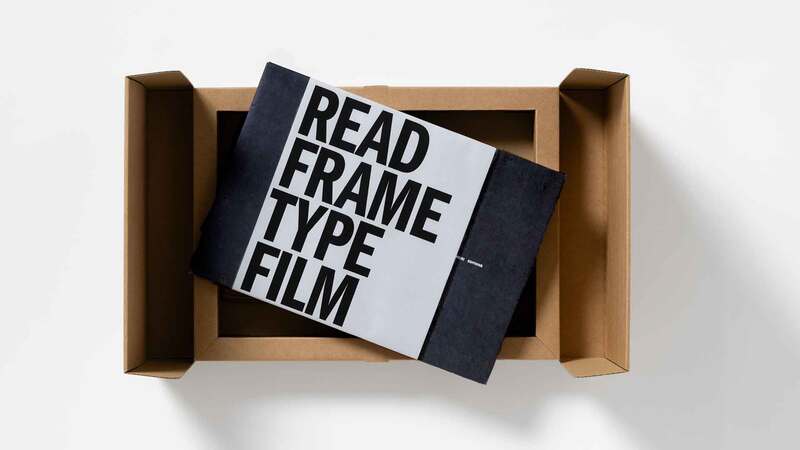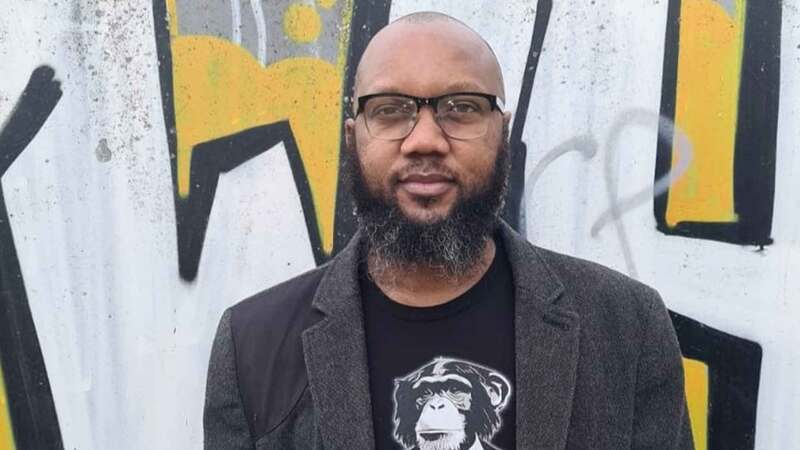You are viewing your 1 free article this month. Login to read more articles.
who dares wins
I get both barrels of novelist and Second World War historian James Holland's infectious enthusiasm immediately. We arrange to meet under the Spitfire which is suspended from the ceiling of the Imperial War Museum's main hall. When he bounds up, I point at the biplanes hanging next to the Spitfire and mention how delicate they look. This leads to a rapid-fire tutorial on the construction of the craft (the bodies were made out of just wood, glue and treated linen, apparently), what bullets would do to these planes, and that the top brass refused to let pilots have parachutes because it would have been unmanly.
Holland's spiel neatly sums up his writing: informative, entertaining stories that are both concerned with the mechanics and minituae of war, but underpinned by the human drama.
By the end of this year, he will have published an astonishing 13 books in eight years—six histories, four of his Jack Tanner series (sort of Sharpe in the Second World War), two stand-alone novels and a Young Adult novel. "I write very fast and needs must," he says of his output. "I have a young family and haven't hit the jackpot yet. Also, I'm not very good with money."
Spy games
The new Tanner, Hellfire (£16.99, Bantam), out in July, is a bit of a departure for the series. Set during the 1942 North Africa campaign, it has the usual page-turning action adventure. But there is also a major female protagonist and an espionage angle, when Tanner, newly promoted to lieutenant, is seconded to the intelligence service to track down a German spy.
Holland has planned a further 16 Tanner novels—the next will take place in Sicily—and he has also written Duty Calls: Dunkirk (Puffin), the first in a Second World War YA series, out in June. The Battle of Britain (Bantam) was his most recent history, and when we meet he is off the next day to Germany to research his next book on the Dam Buster raids.
Working in two disciplines helps his writing, he says, making the history more readable, the fiction more accurate. "What Antony [Beevor] does so well is readability with authority. That's what I want to do. I want people to know that they are reading something new, which is showing some genuine new research, but at the same time is a cracking good read."
Holland became a full-time writer partly because he longed to return to his native Wiltshire. "I'm a country boy. I like visiting London, I don't like living in it, and writing was one of the few ways I thought I could support myself." He read history at university but never studied the 20th century, though he was a fan of the interwar period literature, particularly Brideshead Revisited. About 12 years ago he was at an air show in Duxford and saw a Spitfire flying, which transfixed him. It led to his first novel, The Burning Blue (Arrow), a tale of love and loss set against the backdrop of the Munich Crisis and Battle of Britain, and he has never looked back.
He does have a bit of familial competition; his elder brother is the historian, novelist and current Society of Authors chair, Tom Holland. "It's actually not really competition," he says. "I've always looked up to my brother, I'm his biggest fan." Tom is appearing at James' newest venture, July's inaugural Chalke Valley History Festival, which Holland is co-organising with Ottakar's founder James Heneage.
What seems to drive Holland is digging through archives, talking to survivors and going to the battle fields. He even has a room full of Second World War kit, such as rifles, jackets, machine guns, and field telephones. He laughs: "My wife does think it's a little weird. But it's important to get a sense of how these things felt, which you can't get in books. And walking the ground that you're writing about is so important.
"That's one of the better aspects of writing the Jack Tanner books. When I was planning the next one, I thought: ‘Oh dear, looks like I'll have to go to Sicily again.'"













